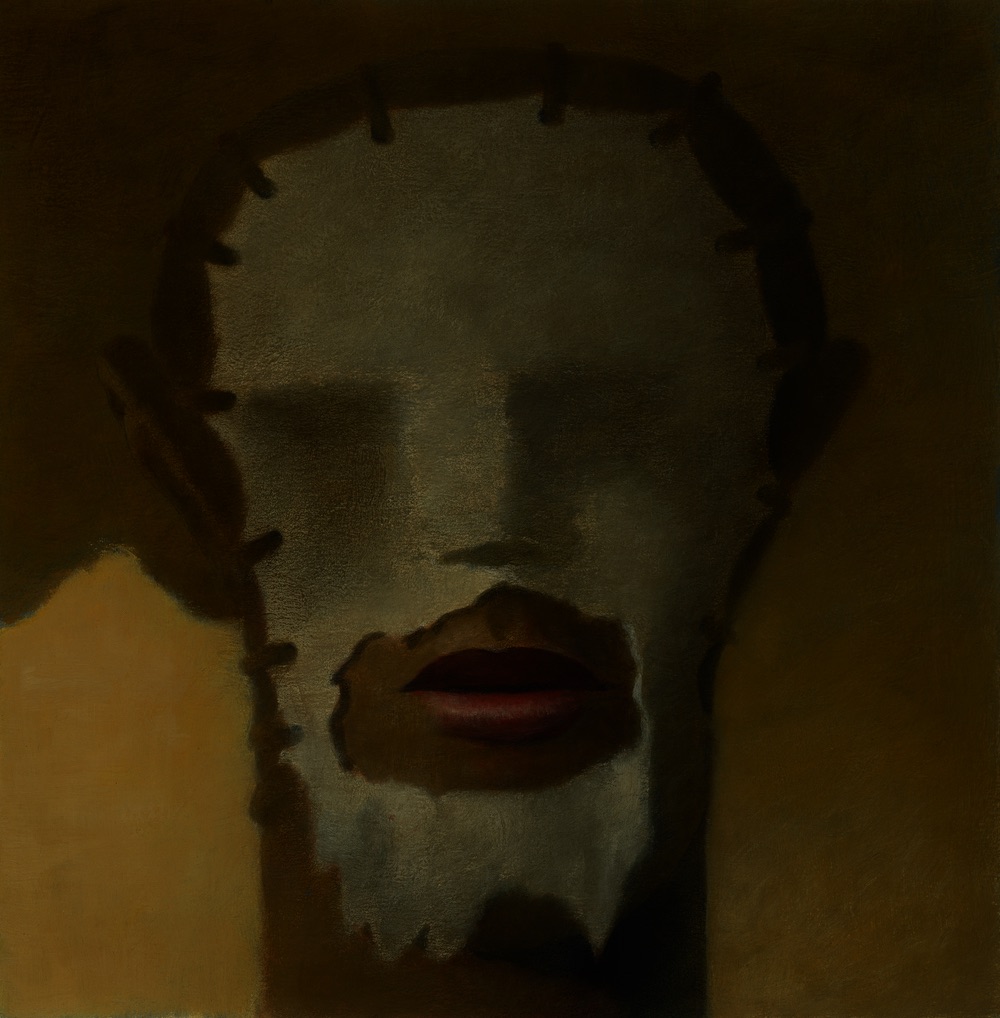On April 3, The Paris Review will honor Joy Williams with the Hadada Award for lifetime achievement at our annual gala, the Spring Revel. In anticipation, we’ve asked the renowned artist Brad Holland to illustrate five stories from her 2013 collection, Ninety-Nine Stories of God. One story and illustration will appear each morning this week.
49
One should not define God in human language nor anthropomorphize that which is ineffable and indescribable.
We can only know what God is not, not what God is.
We can never speak about God rationally as we speak about ordinary things, but that does not mean we should give up thinking about God. We must push our minds to the limits of what we could know, descending ever deeper into the darkness of unknowing.
NAKED MIND
Joy Williams has published ten stories in The Paris Review. Her most recent, “Flour,” appears in the Spring issue.
From Ninety-Nine Stories of God, by Joy Williams. Reprinted with permission from Tin House Books.
from The Paris Review https://ift.tt/2GmJfZS

Comments
Post a Comment